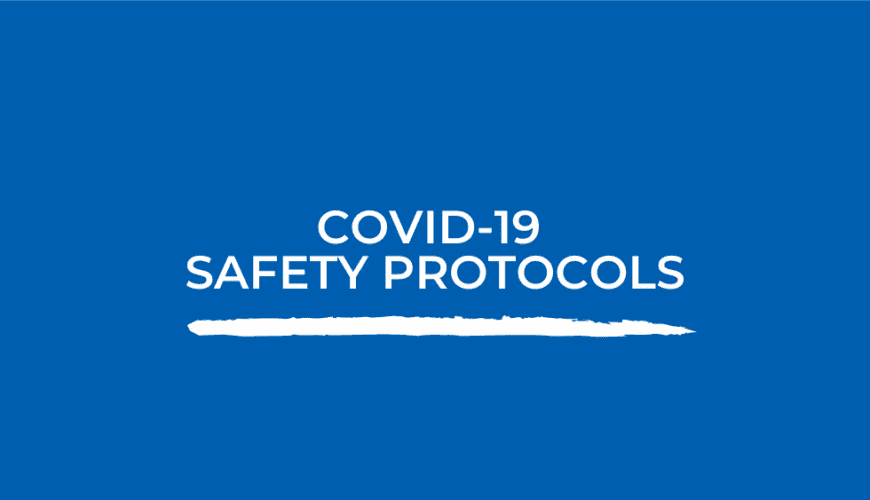MRTS Consulting follows the recommendations from ESOMAR to practice in our research projects that are involved in face-to-face interviewing during COVID-19 outbreak in Cambodia.
The practices are implementing in order to protect the research workforce and members of the public. However, this will vary depending on the nature of the project.
- Regular COVID-19 testing of all staff/interviewers facing members of the public.
- The interviewers who have a high temperature and/or a cough are self-isolating.
- Provision of and comprehensive use of face masks by interviewers, and the medical grade of these masks.
- In some circumstances, the interviewers have to provide sealed masks to respondents for use within the interview, depending on the nature of the project.
- Provision of and comprehensive use of hand sanitizer and secure waste disposal.
- Interviewers wash their hands before and after every interview.
- Practice the Social distancing.
- Interviewers are instructed not to shake hands or to have any physical contact with any respondent.
- Minimize cross contamination by not providing or accepting any refreshments.
- Clean the interviewing equipment that are used in field.
- Use of virtual approaches (video) to brief interviewers.
- Contact respondents by telephone or other means in order to ascertain agreement to be interviewed in order to avoid negative reactions and responses around the COVID-19 situation.
- The pre-screening questionnaire of the issues of COVID-19, for example, to eliminate any households who are self-isolating, where anyone has suffered symptoms within the last 2 weeks, where any household member has a temperature or a cough, or any of the currently identified COVID-19 symptom list.
- The interviews are not carried out in the following areas/groups;
- Geographic areas which have a high incidence of COVID-19 or that are currently under strict lockdown conditions.
- Areas which are close to hospitals, healthcare units, or public spaces where it is not possible to maintain social distancing.
- Amongst groups of individuals who are likely to be immunocompromised. For example; elderly groups, pregnant women, individuals who have life threatening conditions.
For more information or questions, contact us:
MRTS Consulting Ltd
+85512610677/+85510256666

